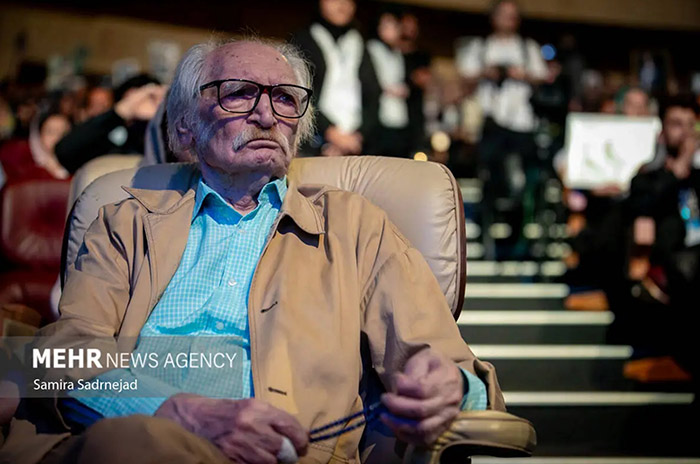Origins and Meaning of the “Celebration of the Soul”
The phrase “celebration of the soul” is more than a poetic turn. It represents a profound cultural ritual that has recently emerged or been reinvigorated in Iran’s spiritual and civil landscape. In essence, the celebration is a communal act of remembrance that honors the lives of those lost under tragic or unjust circumstances—whether victims of war, political repression, natural disasters, or systemic neglect.
Unlike traditional mourning ceremonies focused on grief and loss, the celebration of the soul seeks to affirm the life and legacy of the departed. It reframes mourning as an act of empowerment and communal healing. Families, rather than being consumed by sorrow, become agents of light, as Ghaempanah described—”creating life in mourning.”
This form of ceremony resonates deeply in a society like Iran’s, where historical and contemporary traumas have left indelible marks on the national psyche. It draws on ancient Persian and Islamic traditions of commemorating the dead while transforming them into occasions for collective dignity and defiance.

